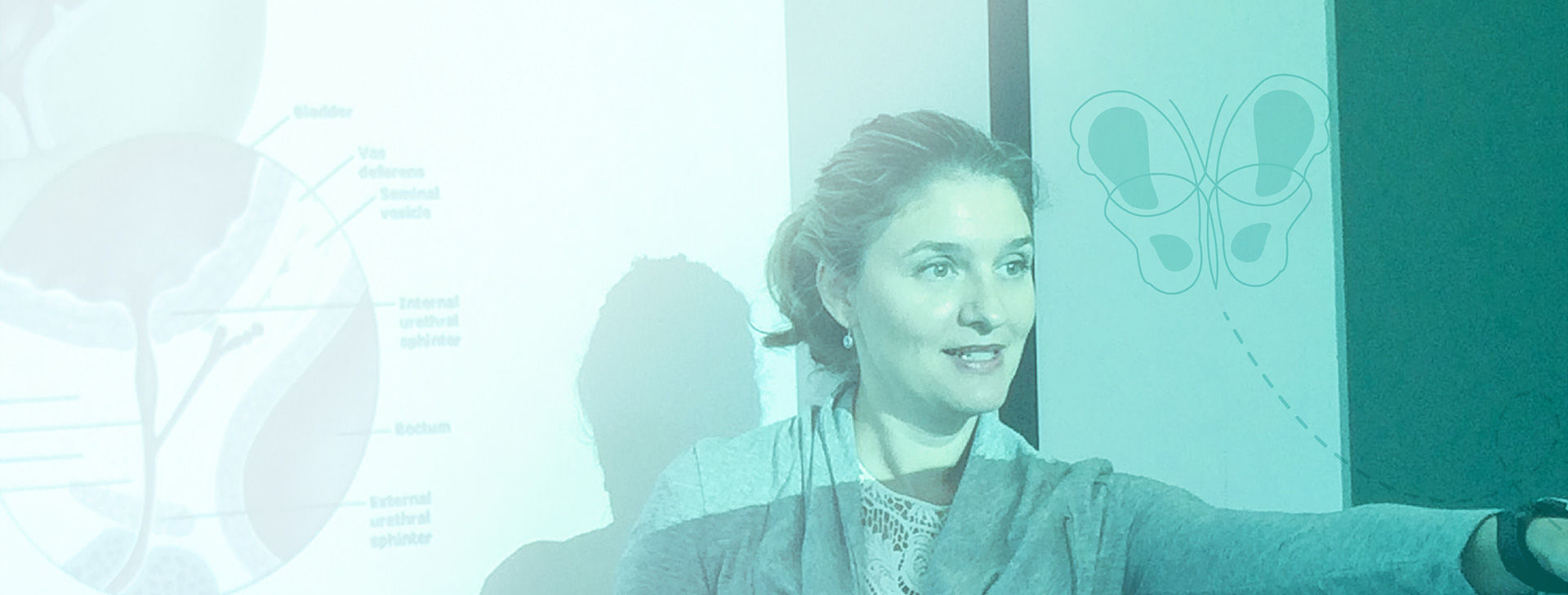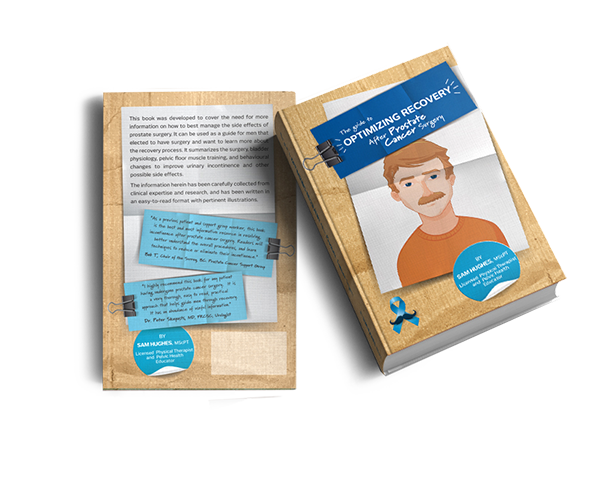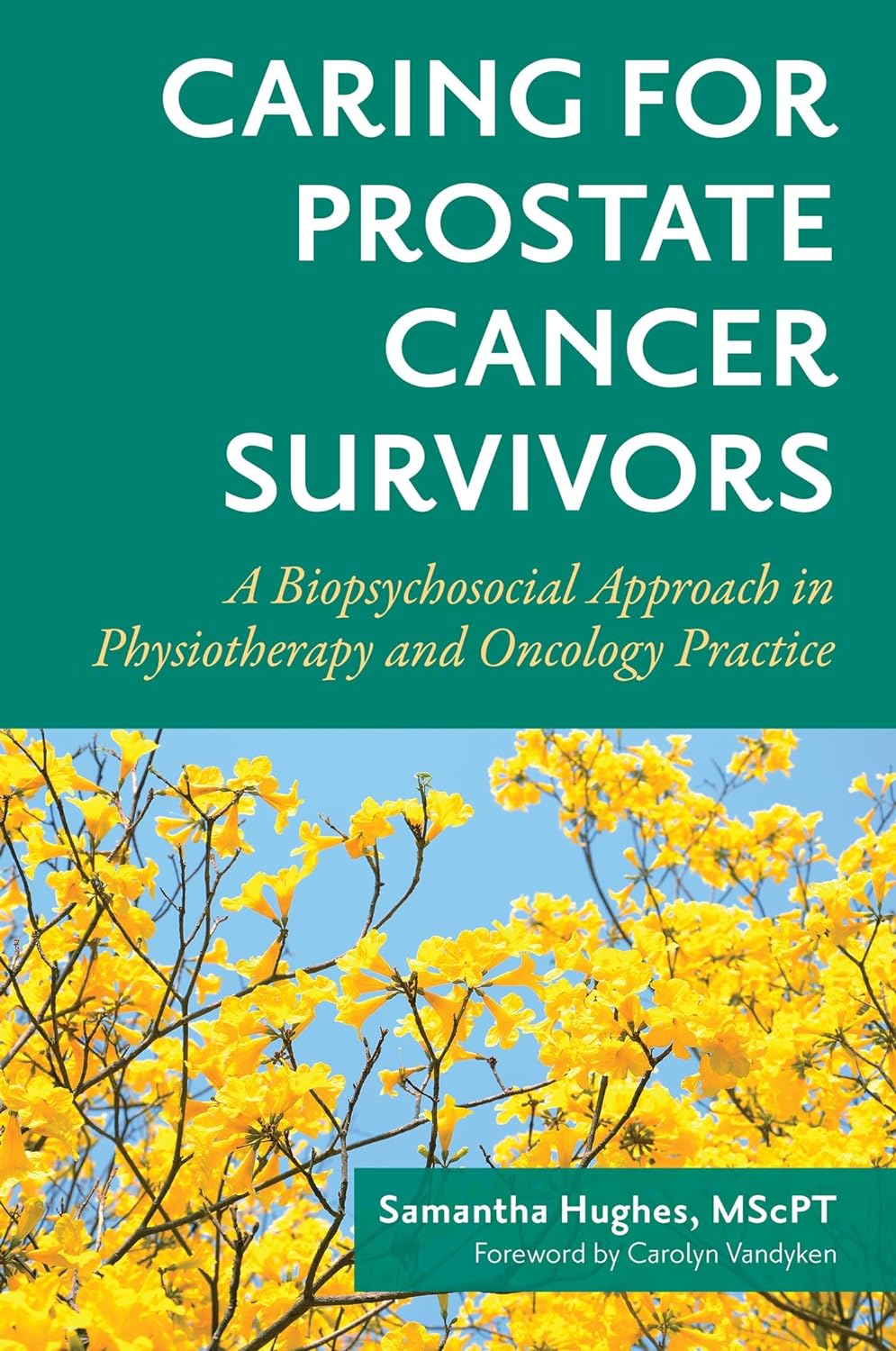How can pelvic floor physiotherapy help improve pelvic pain?
Pelvic Pain is an umbrella term that encompasses many symptoms and disorders. It includes location of pain such as pubic, tail bone, sacrum, low back, groin, vaginal, penile, scrotum, bladder, perineum, pelvic floor, and lower abdomen. It also includes chronic pelvic pain syndromes such as prostatitis and interstitial cystitis. If you have pelvic pain with any bladder or sexual symptoms or pelvic pain after or during pregnancy it is recommended to see a pelvic health physiotherapy.
Chronic Pelvic pain syndromes are usually not from an infection or a disease process.
It is a condition where your nervous system becomes de-regulated or sensitized.
Finding strategies to regulate your nervous system, address pelvic floor muscle dysfunction, address emotional or mental health status, use urge suppression techniques and relaxation can help symptoms. Usually, It should be treated holistically with biopsychosocial approach.
I can help address your pain and empower you with tools to help manage your symptoms.













